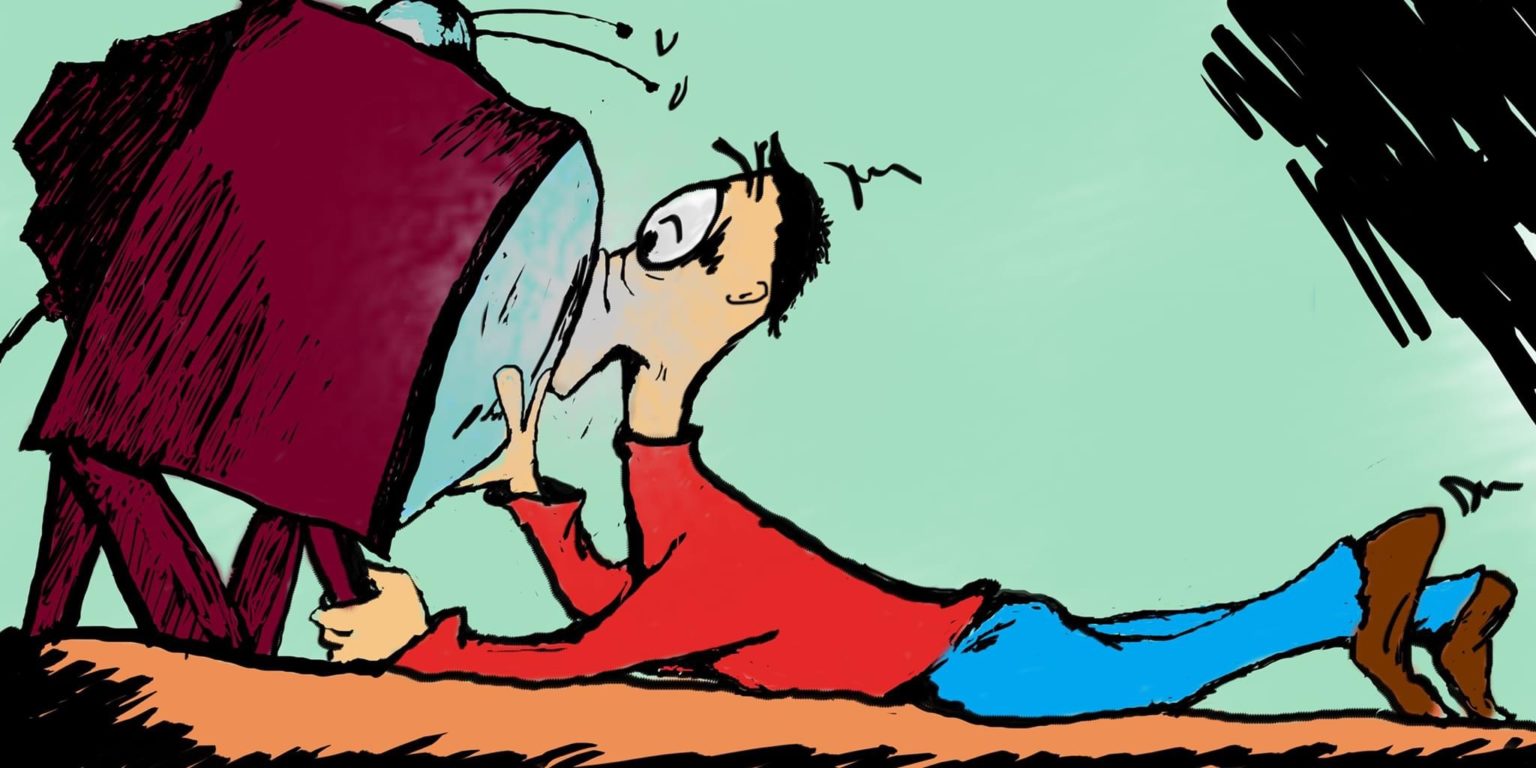Recently, I found myself navigating the murky waters of a dispute that struck a chord with me, prompting a deeper exploration into our notions of value, responsibility, and what truly constitutes an investment. This dispute involved a friend, a kind-hearted individual who accidentally damaged another’s television during a gaming session. The remote, not securely attached, became an inadvertent projectile, leading to an unfortunate accident.
The aftermath was a revealing study in human behavior and values. The TV owner’s insistence on a brand-new, more expensive replacement under the premise that the original TV was an “investment” elevated a simple accident to a complex ethical debate. This claim spiraled into a legal dispute, with a small claims court involved over a sum exceeding the cost of any comparable new TV.
I will now use this situation as a backdrop for a broader discussion on value and investment. The traditional view of an investment involves assets that potentially appreciate or generate income over time, such as stocks or real estate. Yet, here was a consumer good—a depreciating asset—being framed as an investment, challenging conventional wisdom.
Investing in What Truly Matters
The heart of the matter lies in understanding where true value—beyond the monetary—can be found. In today’s fast-paced, ever-evolving world, the most profound investments we can make are in ourselves and our personal growth.
- Educational Pursuits: The pursuit of knowledge through courses, seminars, or workshops not only enriches our intellect but also enhances our value in the professional sphere. This form of investment opens doors to new opportunities and paths of growth.
- Professional Tools and Memberships: Resources that keep us at the cutting edge of our respective fields or that aid in our professional tasks are invaluable. They are investments in our capacity to contribute meaningfully to our professions.
- Health and Wellness: Commitments to our physical and mental well-being are foundational investments. A healthy individual is more productive, creative, and resilient, qualities essential for personal and professional success.
The Ripple Effect of Personal Investment
The benefits of such investments extend far beyond the individual. They contribute to a more vibrant, innovative, and healthy society. Skills and knowledge gained through personal development fuel innovation and entrepreneurship, driving economic growth and societal advancement.
Reflecting Back on the Dispute
The dispute over the damaged TV, at its core, was a clash of perceived values. On one side, a tangible, depreciating item was elevated to the status of an investment. On the other, the incident highlighted the need for a more nuanced understanding of value—one that recognizes the impermanence of material possessions and the lasting impact of investing in personal growth and development.
The choices we make about where to invest our time, energy, and resources define us. This experience has reaffirmed my belief that the most rewarding investments are those we make in ourselves and in the enrichment of our minds, bodies, and spirits. These are the investments that truly appreciate, bringing wealth not just to us but to all those around us.
Image Credit: Anthony Arthur Augustine
About the Author:
Dr. Antonella Di Giulio is a pianist, scholar, educator, and music professional with a Ph.D. in Music Theory and Historical Musicology based in Grand Island, NY. Her innovative research on music semiotics and analysis intersects with her work in education, where she has trained teachers for the Bertelmanns Foundation, presented workshops and professional development courses for educators and founded the online platform, MusicaIQ. As a certified teacher trainer, clinician, entrepreneur, seasoned performer, and researcher, Antonella’s multifaceted background contributes to her comprehensive and insightful perspective on music, cognition, and education.
